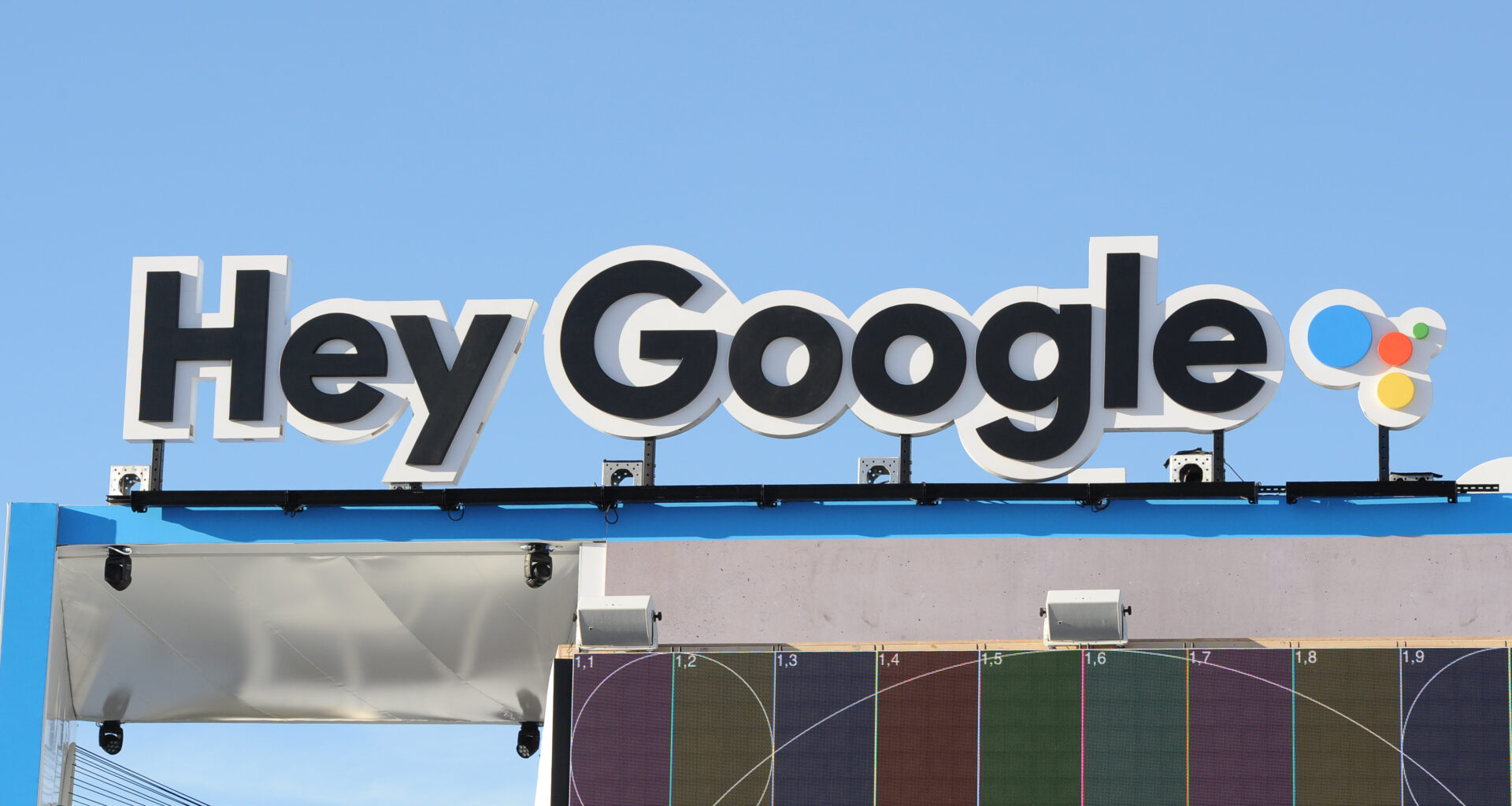Is it too late for the Google Assistant? More and more signs show that the division is going down the drain. Jennifer Elias of CNBC says that the Google Assistant division has been “reshuffled” to give “heavy priority” to Bard over the Google Assistant. Everything sounds like the team is getting a new job.
We’ll get into the details of the report in a moment, but first, here’s a quick rundown of what’s happened to the assistant over the past two years at Google:
- Google Assistant saw eight major speaker/smart display hardware releases in five years from 2016-2021, but the hardware releases seem to have stopped. The last hardware release was in March 2021. That was two full years ago.
- 2022 saw Google remove Assistant support from two in-house product lines: Nest Wi-Fi and Fitbit wearables.
- 2022 also saw a report from The Information that said Google wanted to “invest less in developing its Google Assistant voice-assisted search for cars and for devices not made by Google.”
- Google Assistant’s driving mode was shut down in 2022.
- Google Assistant’s “Duplex on the web” feature was also shut down in 2022.
- One of Google Assistant’s core unique features, Reminders, is being shut down in favor of Google Task Reminders soon.
- Google Assistant has never made money. The hardware is sold at cost, it doesn’t have ads, and nobody pays a monthly fee to use the Assistant. There’s also the significant server cost to process all those voice commands, though some newer devices have moved to on-device processing in a stealthy cost-cutting move. The Assistant’s biggest competitor, Amazon Alexa, is in the same boat and loses $10 billion a year.
Each of these things could be brushed off on its own, but when put together, they start to show the familiar picture of a Google shutdown on the horizon.
Now, the latest news from CNBC makes it sound like the team working on the Assistant won’t be doing any more work on it. Changes to the Assistant and Bard teams are explained in a memo to employees with the title “Changes to Assistant and Bard teams.
” Amar Subramanya, who was VP of engineering for Google Assistant, will now be in charge of engineering for Bard. Jianchang Mao, another VP of engineering for Google Assistant, is leaving Google “for personal reasons.
” Peeyush Ranjan, who is already a VP in Google’s commerce division and is in charge of payments, will take over Mao’s job. Over the past few years, Google’s payments have been a huge mess, so seeing someone leave to run a different division is… strange.
In the memo, Sissie Hsiao, VP and head of Google Assistant’s business unit, tells the Assistant team, “As the Bard teams continue their work, we want to make sure we continue to support and execute on the opportunities ahead.” This sounds like the Assistant team is now part of Google’s “code red” fight against ChatGPT.
If Google Assistant and Bard were the same thing, it might make sense to combine the two. Everyone thought that Bard would work with Google Search in some way, like ChatGPT and Bing, but the company only released a “experimental” chatbot that has nothing to do with search. Like ChatGPT, it can use what it sees on the Internet to make paragraphs of text that may or may not be true.
Google Assistant is a voice product that focuses on voice recognition accuracy, recognizing and doing verbal tasks like “Turn off the lights” or “set a reminder,” and “ambient computing,” or being available everywhere, on many devices, just like the Star Trek computer.
Both can give answers, so there is some overlap, but Google Assistant’s current answer system, which is powered by Google Search, is great for Google Assistant. Google Bard can write paragraphs of text, but when these answers are read out loud, the shorter answers from the Assistant are better than the text-to-speech system’s clumsy, monotone readings.
The interfaces of Bard and the Assistant are similar in that they look like chat apps. Because of this, they have similar problems with making money, but you use them for different things.
If we assume that the idea of the Google Assistant, a voice assistant that helps you do things, isn’t completely dead at Google, you could imagine a future where Bard’s language model helps it understand what you want to do and does it, but it seems like the service is years away from something like that.
The Assistant has problems with voice recognition, not with language models, and Bard won’t help with that.
We’ve seen Google shut down good projects in favor of new ones that aren’t ready or have a lot of broken features. Bard’s development and Google’s AI strategy in general seem slow compared to OpenAI and Microsoft’s release of ChatGPT, so maybe more hands would help. You don’t have to take resources away from Google Assistant to do this, but the service is nothing but a money pit.
Read More:
Email App Updates Incorporating ChatGPT Technology Are Halted by Apple.











